Star Trek’s Ferenginar: The Rain-Soaked World Of The Ferengi And How It’s Changed
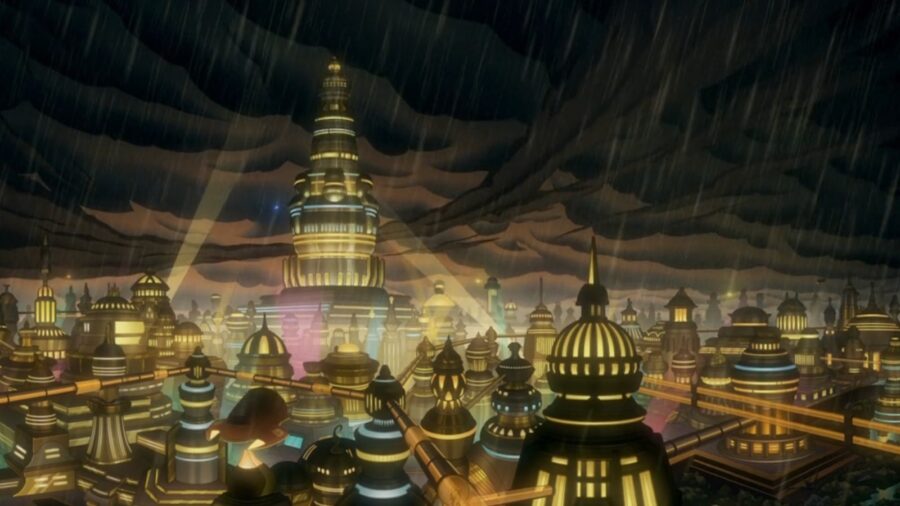
Introduced in Star Trek: Deep Space Nine, Ferenginar is the homeworld of the Ferengi and the center of the Ferengi Alliance, which encompasses the Ferengi Territory of the Alpha Quadrant. But as well established as it is, it has undergone some changes since its original appearance, the effects of which we’ve been able to see in the most recent episode of Star Trek: Lower Decks. We’re taking a look at the unique features of this unusual planet and how Ferengi culture has shifted since its original appearance.
In Star Trek: The Next Generation, the Ferengi were introduced as a species who were hoped to be the Klingons of the new series, formidable foes that would be a persistent challenge for the crew of the Enterprise. Once they made it to the screen, though, they were less terrifying and more comical than were originally envisioned, ending up as more of a quirky footnote to the series despite the personal grudge held by DaiMon Bok against Captain Picard.
The Coming Of Quark
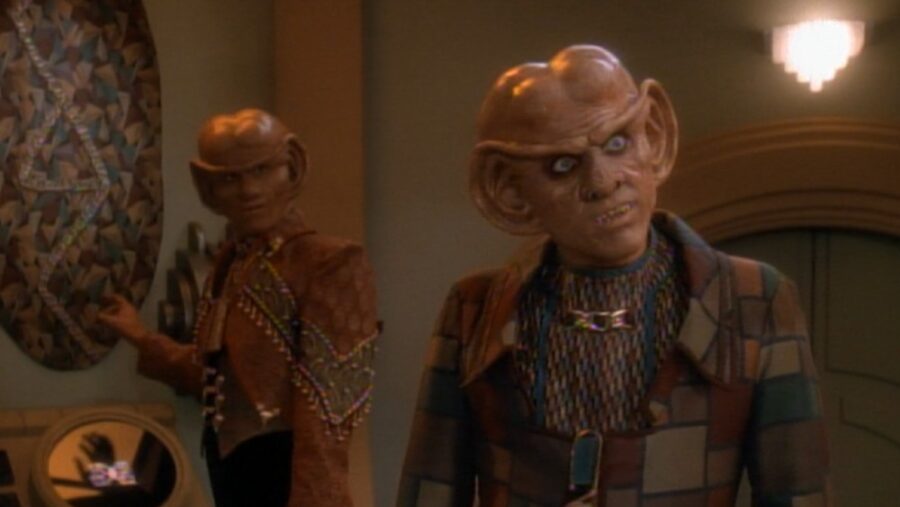
Star Trek: Deep Space Nine
With the introduction of Quark in Deep Space Nine, the writers of that series hoped to better define and expand Ferengi culture, including in several episodes that took place on Ferenginar.
From a geological standpoint, Star Trek: Deep Space Nine established Ferenginar as almost a swamp, with near constant rainfall, rivers of sludge, and rotting vegetation. The precipitation on the planet is so persistent that the Ferengi language has 78 words for rain.
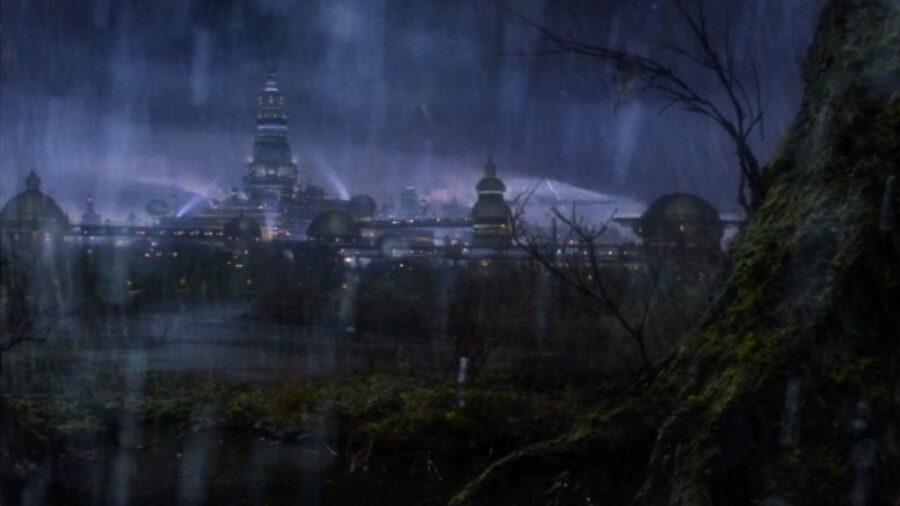
Ferengi are well known for their commitment to profit, but the society on their homeworld demonstrates an essentially religious devotion to commerce, with an emphasis on the sacred Marketplace and the Tower of Commerce, among the most important cultural and governmental buildings in the planet’s capital city.
Star Trek: Deep Space Nine also established the Grand Nagus as the head of Ferenginar, a king-like ruler who establishes the planet’s laws and is treated with the greatest of reverence.
Ferenginar’s Reforms
At his retirement, Grand Nagus Zek appointed Quark’s younger brother Rom as the new Nagus, reflecting shifts in Ferengi culture that were already taking place, moving toward more freedom and inclusion.
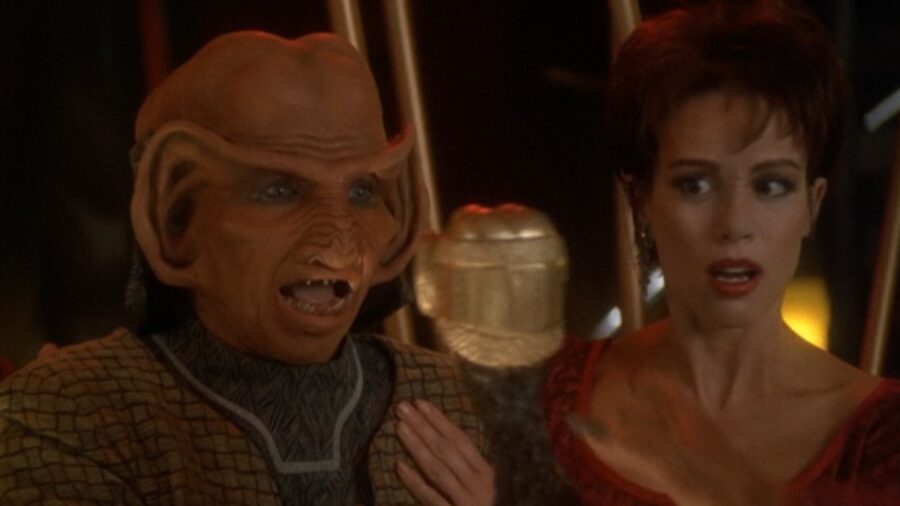
In particular, thanks in part to the efforts of Quark and Rom’s mother Ishka, the females of Ferengi society are given the rights to walk about freely, participate in commerce, and wear clothing.
Such changes in Ferengi society have been seen in practice on the planet most recently in Star Trek: Lower Decks, in the episode “Parth Ferengi’s Heart Place,” in which Ferenginar is petitioning to become a member of the Federation.
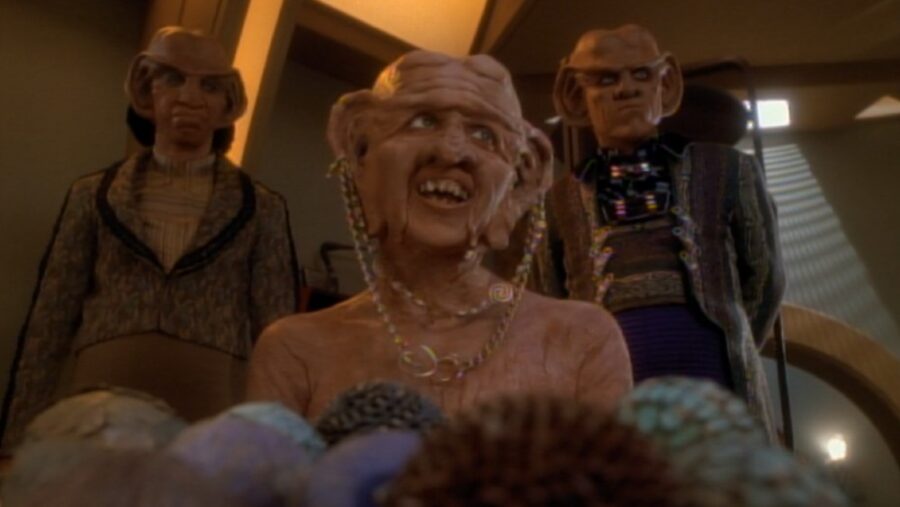
The changes to Ferengi society Grand Nagus Rom has implemented are so progressive that the process of bringing Ferenginar into the Federation is expected to be very easy. This would have been hard to imagine during Deep Space Nine and seemingly impossible during Next Generation.
Ferenginar In Lower Decks
Star Trek: Lower Decks shows us that Ferenginar has certainly continued to embrace its focus on commerce with advertisements, bars, casinos, and more cluttering its city skylines. But in those cities, we see the males and females of Ferengi society interacting freely and engaging in commerce together with most females walking around clothed, though some still prefer to be naked.
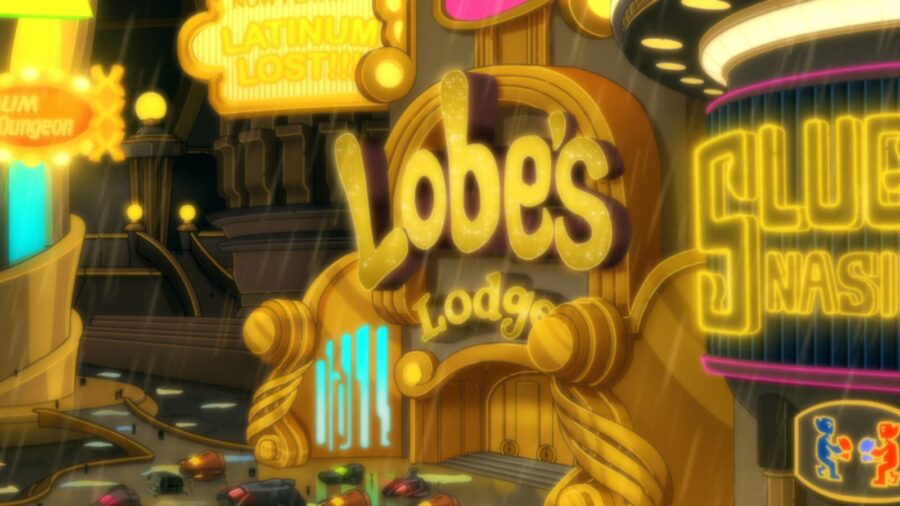
We also see, at the beginning of the episode, a Ferengi vessel ridding its cargo hold of weapons because Grand Negas Rom has decreed that Ferenginar is getting out of the arms trade.
In keeping with Star Trek values, Rom has moved Ferenginar in this new direction because “equality and hospitality are more profitable in the long run.” Such a dramatic shift in social values, while still having a strong focus on business and finance, demonstrates a new version of Ferenginar that was foreshadowed in Deep Space Nine.
As Star Trek: Lower Decks continues, we’re looking forward to seeing how Ferenginar grows by embracing his place in the Federation. You might still have to drop a slip of latinum in the slot to get just about anything in their hotels or to have an audience with their leaders, but their focus on greater liberty and inclusion is sure to continue to make their society more personable and more profitable.











